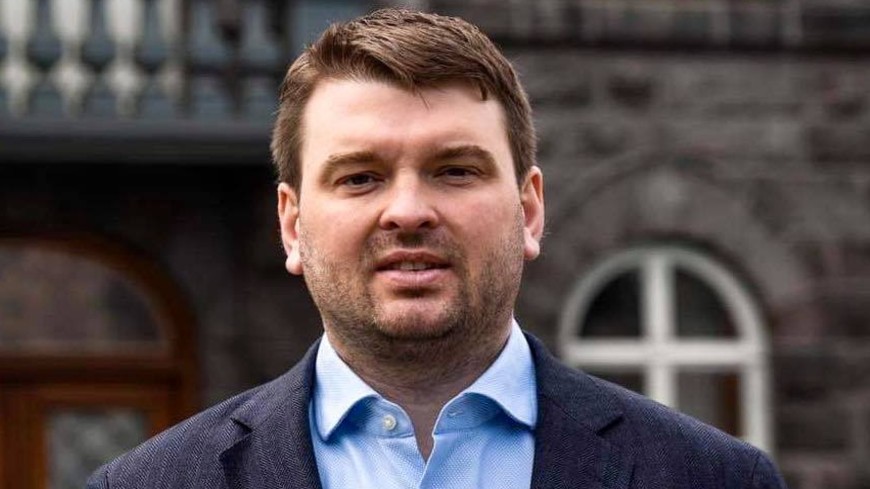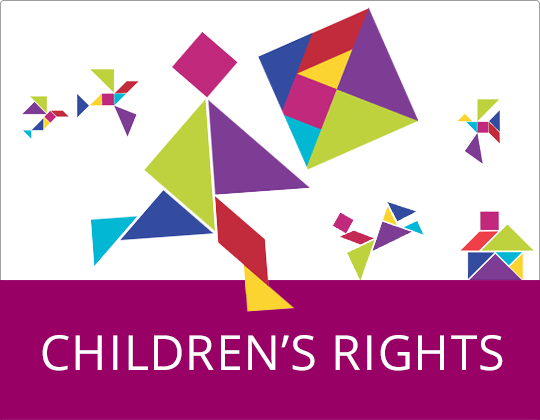“When families seek support for their children, they often feel like they are in a maze, walking in impasses, obliged to tell their story from the beginning every time and to co-ordinate the work of specialists they sometimes do not fully understand,” said Icelandic Minister of Social Affairs and Children, Ásmundur Einar Daðason, in his address to the Council of Europe’s Steering Committee for the Rights of the Child (CDENF), explaining the rationale behind the recent adoption and launch in Iceland of two new legal and policy initiatives - the Act on Integration of Services in the Interest of Children’s Prosperity and on the Dashboard on Children’s well-being.
“Iceland is is often among the countries considered to be the best places for children to live. However, as many of our neighbouring countries in Europe, we have been facing complex challenges in digitalisation, mental health of children and young people, as well as in early intervention and family support,” the Minister said, stressing that many problems with current adults could have been addressed back in their childhood, should there have been more effective early intervention methods.
The newly introduced system which has children’s prosperity at heart, implies unhindered access to support services for children, especially from vulnerable groups, and their families/caregivers, a coordinator to accompany them on the way, and a system of monitoring through the National Supervisory authority with the help of the “child well-being dashboard and index.”
“Implementation of the legislation calls for a substantial increase in the government investment in services for children and families,” Daðason noted. “However, according to a prior monetary and economic evaluation of the effects of turning these laws into reality, it will yield more return than any other investment – be it innovative technologies or large-scale electricity dams.”
The Minister said he was delighted that the Icelandic model of ‘Barnahus’, the ‘Children’s House’ for children victims of sexual abuse set up more than 20 years ago, was tried and tested in many of the Council of Europe member states. “I hope that, similar to the Barnahus, the legislation and dashboard for integrated services could become another basis for co-operation between Iceland, the Council of Europe and its member states, as I firmly believe that by sharing information and experience you always learn more than you share”.
The Committee at its meeting on 18-20 May will also examine the first draft of the Council of Europe Strategy for the Rights of the Child (2022-2027). The draft will also incorporate the inputs from children as a result of child consultation process currently ongoing in ten member states, and is foreseen to be approved at the next CDENF plenary session in October 2021 and submitted to the Committee of Ministers by the end of the year.
Speech and exchange of views with Mr Ásmundur Einar Daðason, Minister of Social Affairs and Children of Iceland




